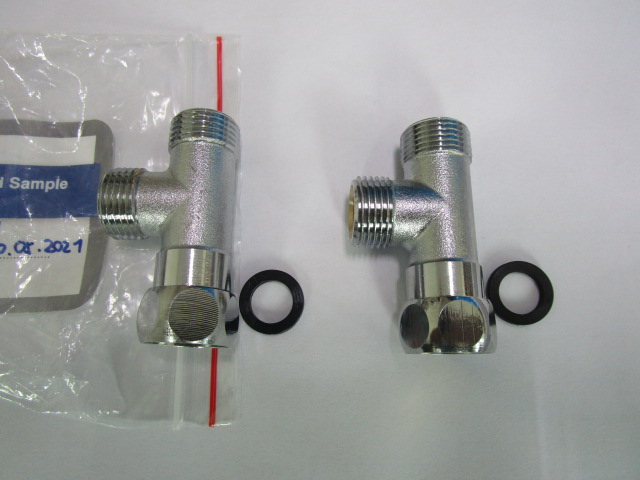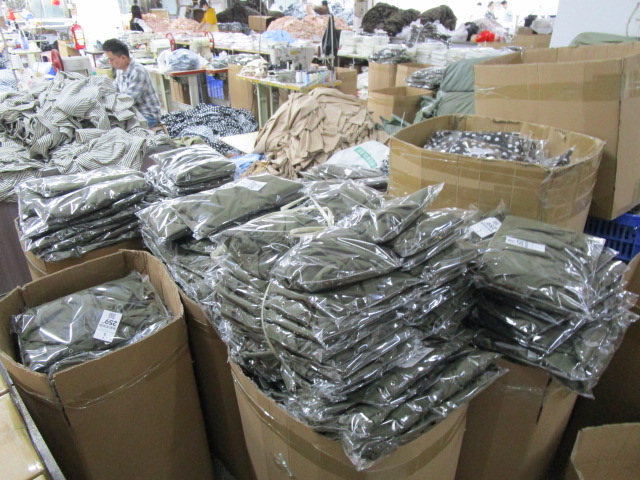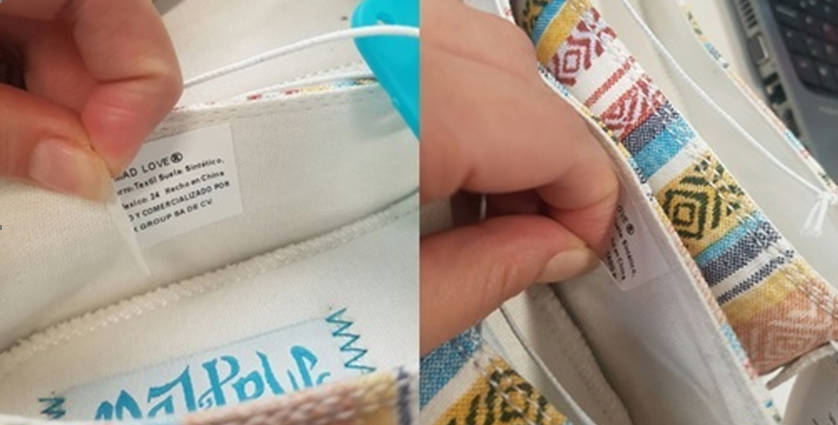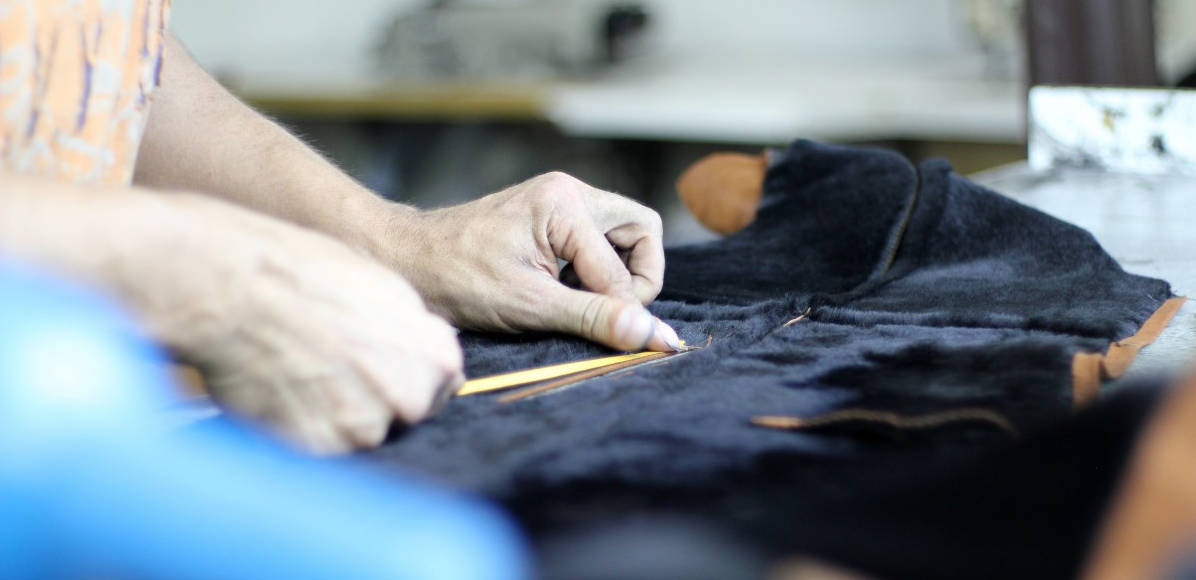
In the competitive world of apparel manufacturing, maintaining high product compliance rates is crucial for the success of clothing factories. Product compliance refers to the adherence of garments to specified quality standards, safety regulations, and customer requirements. To ensure that apparel factories meet these standards consistently, many businesses enlist the services of third-party inspectors. These professionals play a vital role in helping apparel factories improve their product compliance rates. This article explores the significance of third-party inspectors in the garment industry and how they assist factories in achieving higher levels of compliance.
Understanding the Importance of Product Compliance
Product compliance is of paramount importance in the apparel industry. Compliance ensures that garments meet quality standards, legal requirements, and customer expectations. It covers various aspects such as fabric quality, construction, labeling, safety, and environmental regulations. Failure to comply with these standards can result in costly recalls, legal repercussions, brand damage, and loss of customer trust.
Role of Third-Party Inspectors
Third-party inspectors act as independent entities that provide unbiased evaluations of product compliance. Their role is to assess garments at different stages of production to identify any non-compliance issues. Let’s explore how third-party inspectors help apparel factories improve their product compliance rates.
1.Pre-production Inspections
Third-party inspectors conduct pre-production inspections to ensure that factories are prepared to meet compliance requirements before the manufacturing process begins. They review materials, prototypes, and specifications to verify if they align with quality standards and customer expectations. Inspectors also assess the factory’s capability to produce compliant garments and identify any potential issues or bottlenecks. By addressing non-compliance concerns early on, factories can avoid costly rework and delays.
2.In-line Inspections
In-line inspections are conducted during the production process to monitor compliance and identify any deviations from the agreed-upon standards. Third-party inspectors randomly select samples and assess them for various parameters such as fabric quality, stitching, measurements, labeling, and safety features. By identifying and addressing non-compliance issues during production, factories can take corrective actions promptly, reducing the chances of non-compliant garments reaching the market.
3.Final Random Inspections
Final random inspections are conducted when production is near completion. Inspectors assess randomly selected samples to ensure that they meet all compliance requirements before shipment. They review factors such as appearance, workmanship, packaging, and labeling. Inspections at this stage help factories identify any last-minute non-compliance issues and take corrective actions before the garments are shipped to customers.
4.Compliance Audits
Third-party inspectors also conduct compliance audits to assess factories’ overall adherence to various standards and regulations. They evaluate the factory’s processes, documentation, and procedures to ensure that they align with industry best practices and legal requirements. Audits provide factories with valuable insights into areas of improvement, enabling them to implement robust systems that promote consistent compliance.
Benefits of Third-Party Inspection
Engaging third-party inspectors offers several benefits to apparel factories in their pursuit of improved product compliance rates:
- Expertise: Third-party inspectors possess in-depth knowledge and experience in the apparel industry. They are well-versed in quality standards, regulations, and customer expectations, enabling them to provide accurate assessments and guidance.
- Impartial Evaluation: Being independent entities, third-party inspectors offer unbiased evaluations of garments. Their impartiality ensures that compliance issues are identified and addressed without any conflicts of interest.
- Early Detection of Non-compliance: By conducting inspections at different stages of production, third-party inspectors help factories identify non-compliance issues early on. This allows for timely corrective actions, reducing the risk of non-compliant garments reaching customers.
- Risk Mitigation: Third-party inspections mitigate risks associated with non-compliance, such as product recalls, legal consequences, and brand damage. By ensuring compliance, factories can protect their reputation and build trust with customers.
- Continuous Improvement: Through compliance audits and feedback, third-party inspectors provide valuable insights that help factories improve their processes and systems. This promotes a culture of continuous improvement and enhances overall product compliance rates.
Third-party inspectors play a vital role in helping apparel factories improve their product compliance rates. By conducting pre-production, in-line, and final random inspections, as well as compliance audits, these professionals ensure that garments meet quality standards, safety regulations, and customer requirements. The expertise and impartial evaluations provided by third-party inspectors help factories identify non-compliance issues, implement corrective actions, and mitigate risks associated with non-compliant products. Engaging third-party inspectors is a strategic investment that can lead to enhanced product quality, customer satisfaction, and the long-term success of apparel factories.




